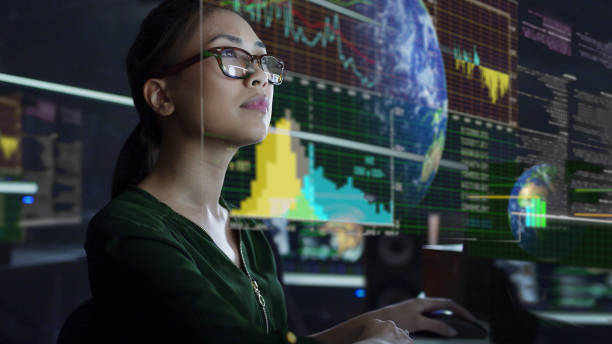Explore the multifaceted impact of social media on students, including positive aspects like enhanced communication and creativity, as well as challenges such as mental health concerns and distraction.
Introduction
Social media has become an integral part of daily life for students around the world. Platforms like Facebook, Instagram, Twitter, and TikTok offer opportunities for connection, learning, and expression. However, the impact of social media on students is multifaceted, encompassing both positive and negative aspects. This article delves into how social media influences students, supported by notable quotes from experts and thought leaders.
2. Positive Impacts of Social Media
2.1 Enhanced Communication and Connectivity
Social media provides students with tools to communicate and connect with peers, educators, and experts beyond geographical boundaries. It fosters collaboration and facilitates the sharing of ideas and resources.
“Social media is about the people. Not about your business. Provide for the people and the people will provide for you.” — Matt Goulart
2.2 Access to Information and Educational Resources
Platforms like YouTube, LinkedIn Learning, and educational forums offer a wealth of information and learning resources. Students can access tutorials, lectures, and discussions on a variety of subjects, enhancing their knowledge and skills.
“The internet is becoming the town square for the global village of tomorrow.” — Bill Gates
2.3 Opportunities for Personal Expression and Creativity
Social media allows students to express themselves creatively through blogs, videos, and art. It provides a platform for showcasing talents and building personal brands, which can be beneficial for future career opportunities.
Quote:
“Social media is not just about posting photos and status updates. It’s about sharing your passion and connecting with people who share it.” — Unknown
3. Negative Impacts of Social Media
3.1 Mental Health Concerns and Anxiety
Excessive use of social media has been linked to mental health issues such as anxiety, depression, and low self-esteem. The pressure to maintain a perfect online image and the constant exposure to idealized portrayals of others’ lives can negatively affect students’ mental well-being.
Quote:
“The more we connect through social media, the more disconnected we become from the world around us.” — Unknown
3.2 Distraction and Academic Performance
Social media can be a significant source of distraction, leading to procrastination and reduced focus on academic responsibilities. The constant notifications and the lure of engaging content can detract from study time and academic performance.
Quote:
“Social media is like a giant tidal wave. It can sweep away your productivity and focus if you don’t stay grounded.” — Unknown
3.3 Cyberbullying and Online Harassment
Cyberbullying is a growing concern, with students facing harassment, bullying, and negative interactions online. The anonymity and reach of social media platforms can exacerbate these issues, impacting students’ mental health and safety.
Quote:
“The anonymity of the internet has turned some people into bullies they would never be in real life.” — Unknown
4. Balancing Social Media Use
4.1 Setting Boundaries and Managing Time
Students should set boundaries for social media use to avoid distractions and ensure a healthy balance between online and offline activities. Time management strategies and digital detox practices can help mitigate the negative effects of excessive social media use.
Quote:
“Set boundaries for your social media use. It’s easy to get lost in the virtual world and forget about the real one.” — Unknown
4.2 Promoting Positive Online Behavior
Encouraging positive online behavior and fostering a supportive digital environment can help reduce issues related to cyberbullying and harassment. Educators and parents play a crucial role in guiding students on responsible social media use.
Quote:
“Be a positive force online. Use social media to uplift, educate, and connect rather than to criticize or harm.” — Unknown
4.3 Educating About Digital Citizenship
Educating students about digital citizenship and the responsible use of social media is essential. Understanding privacy settings, recognizing credible sources, and being aware of the potential impacts of their online actions can empower students to navigate social media effectively.
Quote:
“Digital citizenship is about understanding how to use technology responsibly and ethically.” — Unknown
5. Conclusion
Social media has a profound impact on students, offering both opportunities and challenges. While it enhances communication, access to information, and personal expression, it also poses risks related to mental health, distraction, and online harassment. Balancing social media use, promoting positive behavior, and educating students about digital citizenship are key to maximizing the benefits and minimizing the negative effects.
